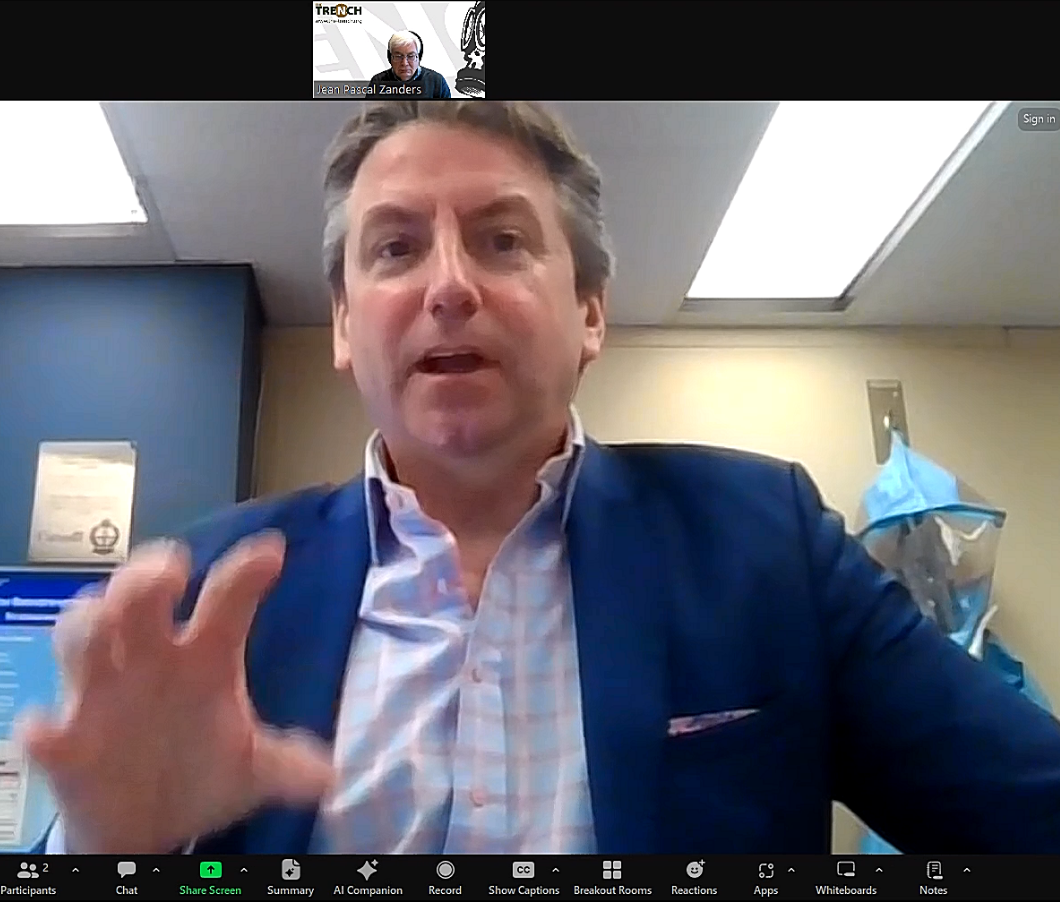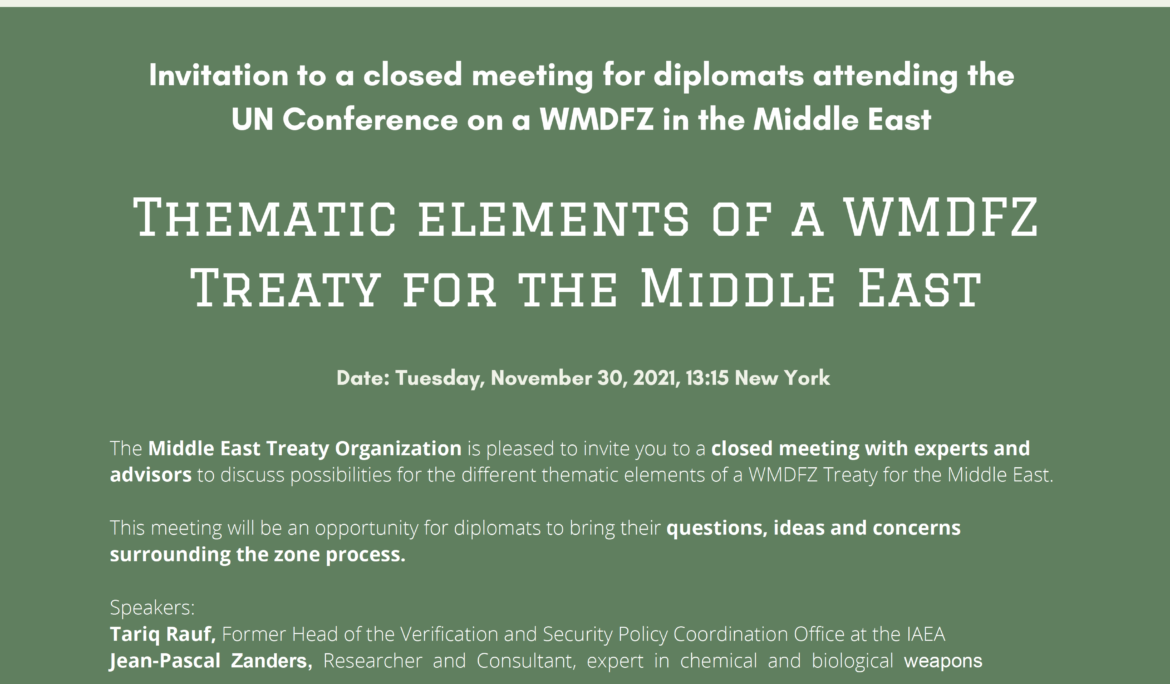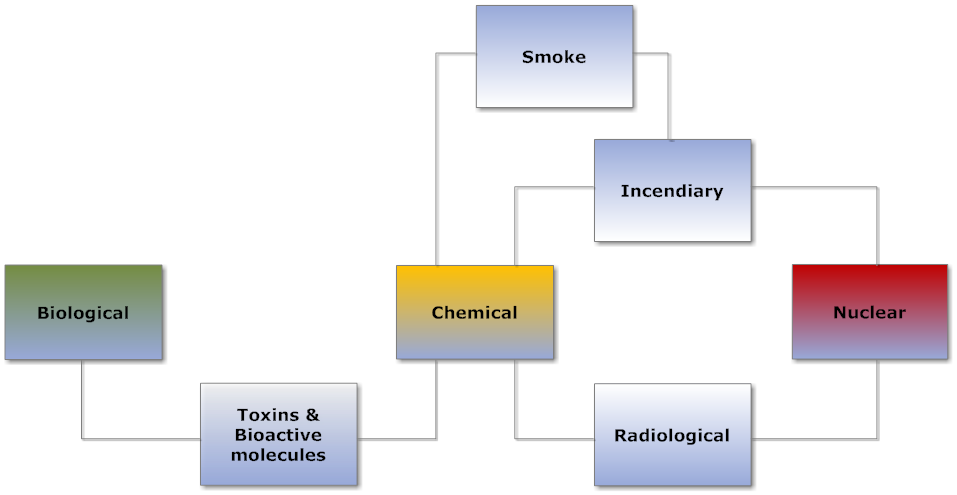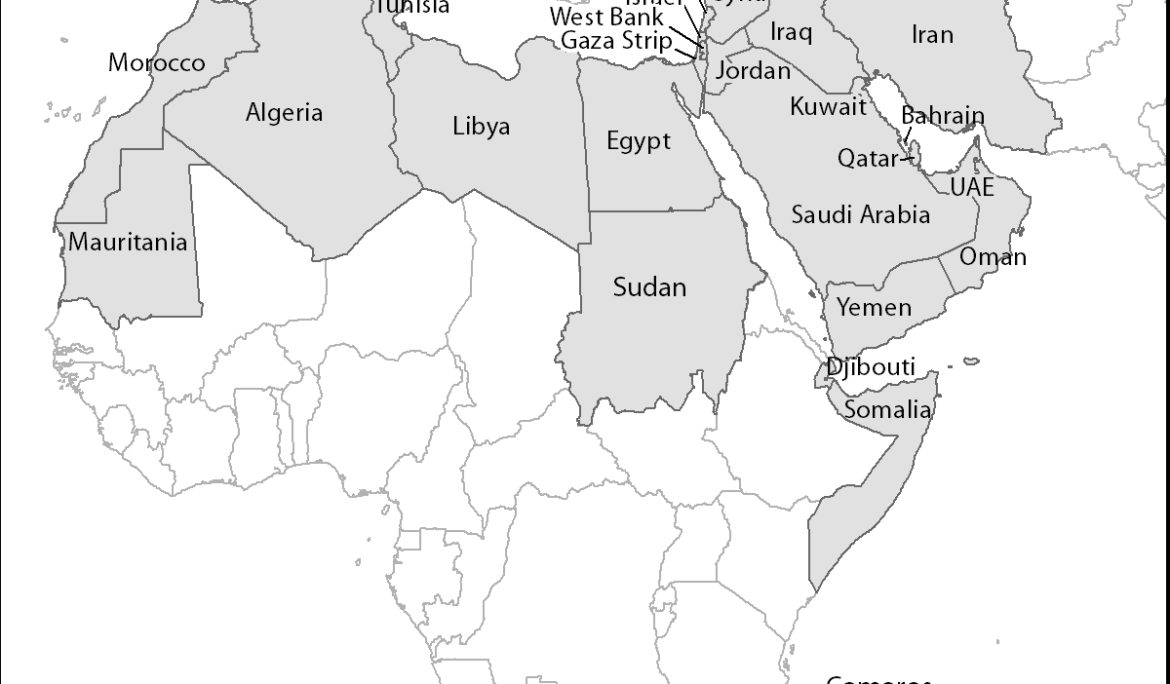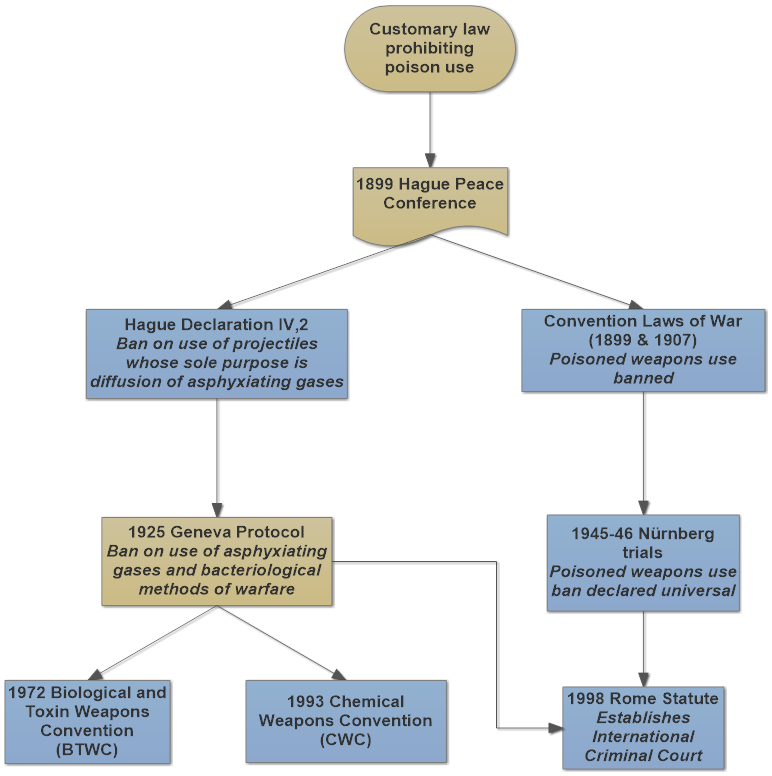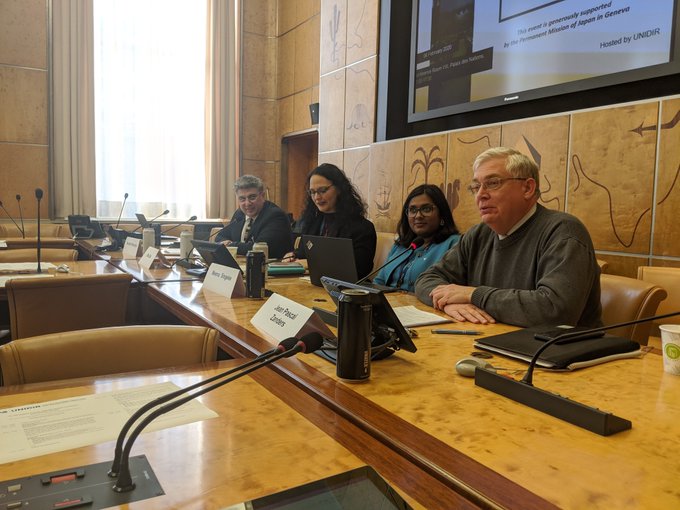Response is failure in the primary mission of preventing CBW
The Global Partnership against the Spread of Materials and Weapons of Mass Destruction has now been around for over two decades. In the wake of the terrorist attacks against the US in September 2001, it started out as an effort to mobilise the resources of the G8 members to prevent terrorist acquisition of nuclear, biological and chemical weapons, and related materials. The weapons, technologies and skills available from the former Soviet Union presented a significant proliferation risk, which the US was already addressing through the Cooperative Threat Reduction (CTR) programme. Now comprising 31 members, the Global Partnership (GP) played a …
Trying to picture a treaty for a Middle East Zone free of non-conventional weaponry
On 30 November, the Middle East Treaty Organisation (METO) – a coalition of civil society activists and practitioners – organised an informal virtual discussion round with Middle Eastern diplomats participating in the Second Session of the Conference on the Establishment of a Middle East Zone Free of Nuclear Weapons and Other Weapons of Mass Destruction under the auspices of the UN Office of Disarmament Affairs. That session should have taken place last year, but the COVID-19 pandemic forced postponement of in-person UN diplomatic gatherings. Last Tuesday’s informal discussion forms part of METO’s efforts to draft and promote a treaty for …
A Middle East Zone Free from Non-conventional Weapons (4)
Part 4: Clear legal definitions at the core of the future treaty This article is the fourth in a series of blog postings exploring the opportunities and challenges facing a new series of conferences at the United Nations in New York to eliminate non-conventional arms – essentially nuclear weapons, and to a lesser extent chemical and biological weapons (CBW) – from the military arsenals in the Middle East. Why legal definitions matter By adopting Decision 73/546 on 22 December 2018, the UN General Assembly tasked the newly established conference with ‘elaborating a legally binding treaty establishing a Middle East …
A Middle East Zone Free from Non-conventional Weapons (3)
Part 3: Defining the Middle East, a loaded question In November 2019 a conference at the United Nations in New York (report here) marked a fresh round of diplomatic efforts to eliminate non-conventional arms – essentially nuclear weapons, and to a lesser extent chemical and biological weapons (CBW) – from the military arsenals in the Middle East. As indicated in the second part of this series, participants in the new conference series depart from the definition of the Middle East used by the International Atomic Energy Agency (IAEA). At the UN Institute for Disarmament Research (UNIDIR) seminar ‘The Middle …
A Middle East Zone Free from Non-conventional Weapons (2)
Part 2: Treaties governing chemical and biological weapons In November 2019 a conference at the United Nations in New York marked a fresh round of diplomatic efforts to eliminate non-conventional arms – essentially nuclear weapons, and to a lesser extent chemical and biological weapons (CBW) – from the military arsenals in the Middle East. This article is the second in a series of blog postings exploring the opportunities and challenges to ensure that the regional risks of CBW threats and use – chemical weapons (CW) were and, as I am writing, are part of conflicts in the Middle East …
A Middle East Zone Free from Non-conventional Weapons (1)
Part 1: A new process to disarm the Middle East In November 2019 a conference at the United Nations in New York marked a fresh round of diplomatic efforts to eliminate non-conventional arms – essentially nuclear weapons, and to a lesser extent chemical and biological weapons (CBW) – from the military arsenals in the Middle East. The previous initiative died in 2015 as the review conference (RevCon) of the 1968 Nuclear Non-Proliferation Treaty (NPT) failed to agree on a consensus document. The new series of annual meetings takes place outside the NPT RevCon cycle, which consists of a quinquennial …
Below the headlines: CBW matters (2)
(A weekly digest from the internet on chemical and biological warfare issues. Emphasis is on incidents and perspectives, but inclusion of an item does not equal endorsement or agreement with the contents. This issue covers items collected between 20 – 26 February 2017.) Assassination of Kim Jong-Nam Video of Poisoning of Kim Jong-Nam Calls Suspect’s Story into Question (David Bixenspan, 21 February 2017): The suspect in the chemical attack-murder of Kim Jong-Nam is claiming she was told she was shooting a TV prank show and had no idea she wasn’t spraying him with water. The newly released video of the attacked …
Below the headlines: CBW matters (1)
(A weekly digest from the internet on chemical and biological warfare issues. Emphasis is on incidents and perspectives, but inclusion of an item does not equal endorsement or agreement with the contents. This first issue covers items collected between 1–20 February 2017.) BTWC Implementation BWC Newsletter (February 2017): The BTWC Implementation Support Unit published the first issue of its periodic newsletter. BW Threats Bioterrorism poses catastrophic threat to U.S. agriculture (Homeland Security Newswire, 30 January 2017): Members of the Blue Ribbon Study Panel on Biodefense consider the threat of terrorism with BW against the US agricultural sector as a major …
Below the headlines: CBW matters (7)
(A weekly digest from the internet on chemical and biological warfare issues. Emphasis is on incidents and perspectives, but inclusion of an item does not equal endorsement or agreement with the contents. This issue covers items collected between 27 March – 2 April 2017.) CBW disarmament Russia Destroys Last Remaining Supplies of Deadly Chemical Weapon Soman (Sputnik News, 26 March 2017): Russia’s last supplies of the deadly chemical weapon soman have been destroyed, Russia’s Federal Administration for the Safe Storage and Destruction of Chemical Weapons announced on Saturday. OPCW Director-General delivers keynote address at the international symposium on toxic substances in …
Below the headlines: CBW matters (6)
(A weekly digest from the internet on chemical and biological warfare issues. Emphasis is on incidents and perspectives, but inclusion of an item does not equal endorsement or agreement with the contents. This issue covers items collected between 20 – 26 March 2017.) CBW disarmament Poroshenko replaces Ukrainian ambassador to the Netherlands (Interfax, 18 March 2017): Ukrainian President Petro Poroshenko has dismissed Oleksandr Horin from the post of Ukrainian Ambassador to the Netherlands and the post of permanent representative of Ukraine in the Organisation for the Prohibition of Chemical Weapons. King to attend OPCW’s 20th anniversary commemoration in The Hague …

